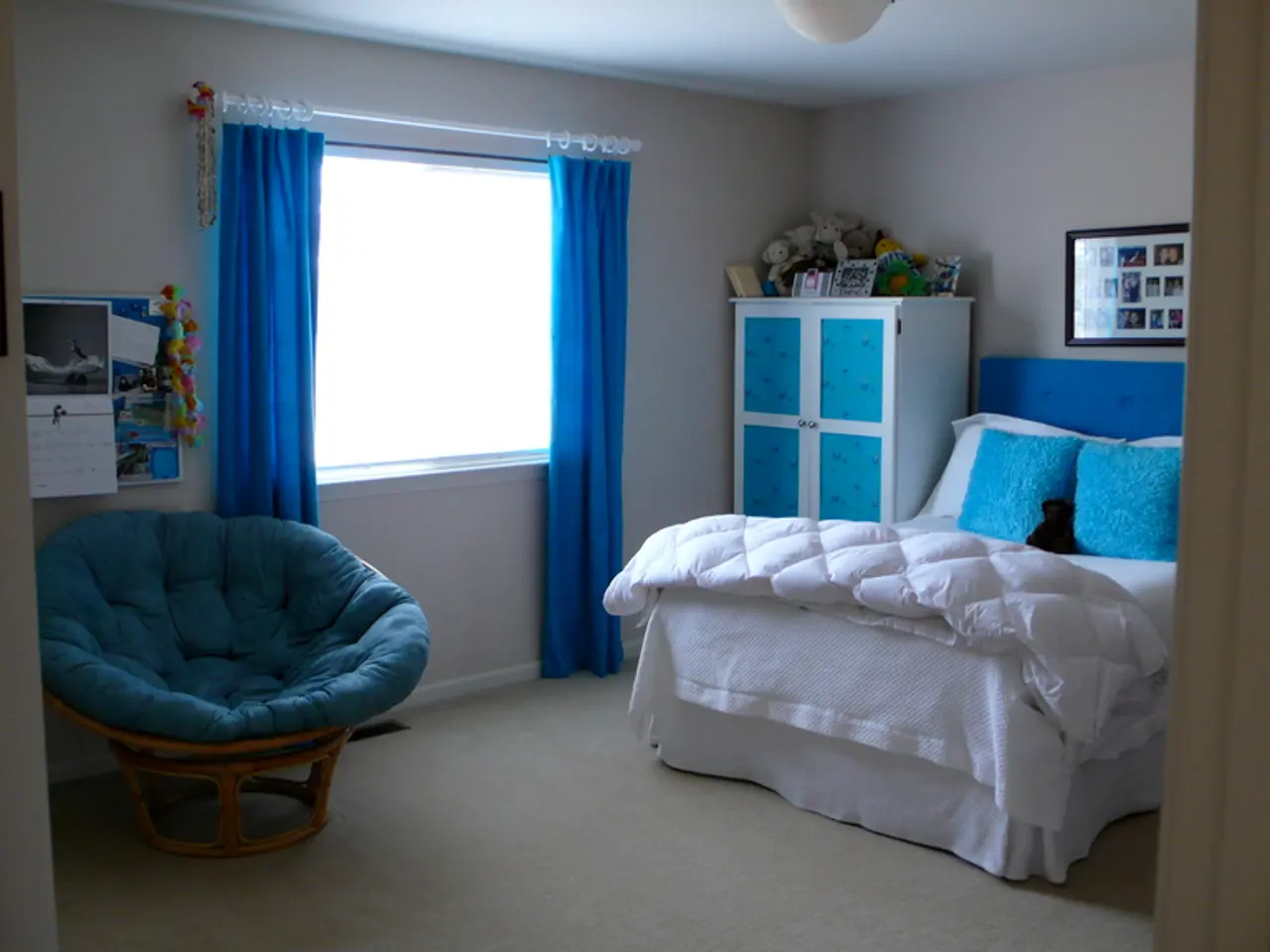Online gaming and web browsing compulsion among Germans - Traditional leisure activities are waning
In a recent study, it was found that a staggering 98% of the over 3,000 Germans surveyed online in June use the internet at least once a week [1][2]. However, the key to achieving a better balance between online and offline activities, and thus increasing satisfaction in leisure time, lies in consciously allocating time and effort towards offline social and recreational pursuits [1].
The strategies suggested include deliberate balancing between online and offline activities, digital minimalism, digital detox routines, and adopting practices from organizational policies [2][3]. By focusing on a limited set of purposeful activities, scheduling tech-free periods, and embracing regular breaks from digital devices, Germans can improve their mental wellbeing and life satisfaction.
Reading a book remains a constant leisure activity for about a third of those surveyed, while "thinking about things" is the sixth most common activity, with at least 73% of those surveyed engaging in it at least once a week [1]. Sports are experiencing a renaissance, with more than half of Germans being physically active at least once a week (51%) [1].
The study, titled "Leisure Monitor 2025," also reveals that many Germans spend a lot of time on their smartphones and online, despite preferring to meet friends or spend time with their partner [1]. Interestingly, three-quarters of those surveyed prefer to spend time with their partner (74%) [1].
Activities such as spending time with family, hobbies, time in nature and with animals, eating out, shared activities with children, and going out with friends follow in the ranking [1]. Eroticism and sex are also high on the enjoyment factor for 70% of those surveyed [1].
The study also shows that Germany has about 4% of "offliners," just below the EU average of 5% [1]. As people age, the number of "offliners" in Germany increases [1].
In 2025, 51% of those surveyed named sports as a regular activity, an increase from 31% in 2010 [1]. Watching TV, listening to music, using a tablet, PC, or laptop, and using a smartphone for playing, surfing, or chatting are very regular activities, according to the study [1].
Spontaneous activities and "sleeping in" (both 68%) are highly rated by those surveyed [1]. Achieving a balance between online and offline, between activity and passivity, and between individuality and community is crucial for satisfaction in daily life [1].
Ulrich Reinhardt, scientific director of the study, stated that the internet is used for distraction and entertainment in all phases of life [2]. Offline activities such as talking about important things, spending time with a partner, having coffee and cake, or simply being lazy are given as regular leisure activities by about two-thirds of those surveyed [1].
Women and older people tend to experience their leisure time as more emotional or positive, suggesting they may be better at achieving this balance [1]. If the balance between online and offline is generally better achieved, society could lead to significantly more satisfying leisure time for its citizens [1].
References: [1] Reinhardt, U., et al. (2021). Leisure Monitor 2025. [Online]. Available at: https://www.leisuremonitor.de/ [2] Kempner, J. (2021). How to Achieve a Better Balance Between Online and Offline Activities. [Online]. Available at: https://www.psychologytoday.com/us/blog/becoming-who-you-are/202106/how-achieve-a-better-balance-between-online-and-offline-activities [3] Kopczuk, A. (2021). How to Achieve a Better Work-Life Balance in the Digital Age. [Online]. Available at: https://www.theguardian.com/careers/careers-blog/2021/jul/08/how-to-achieve-a-better-work-life-balance-in-the-digital-age
- In order to enhance life satisfaction, Germans may consider adoptng approaches such as digital minimalism and digital detox routines, as these strategies can help balance their online activities with offline social and recreational pursuits.
- Interestingly, spending time with a partner is highly valued by three-quarters of those surveyed, demonstrating the importance of relationships in leisure time and overall life satisfaction.
- The study also indicated that activities like sports, reading a book, and spending time in nature are regular leisure activities for many Germans, highlighting the significance of home-and-garden, technology, and general-news interests in contributing to a fulfilling lifestyle.




